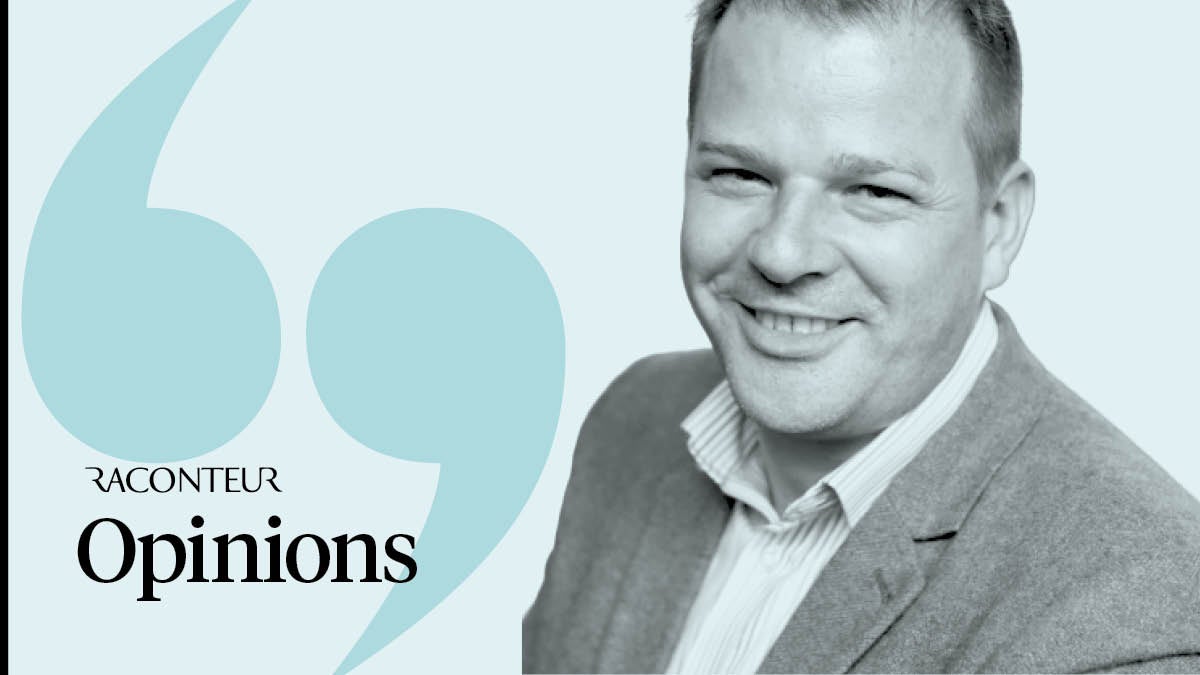
Organisations are still only spending on average £150 per employee a year on health and wellbeing, according to a recent report by Westfield Health. While some progress has been made in recent years, and particularly in the past 12 months, my challenge to business leaders now is to be far bolder and more ambitious, building back with health at the heart of your board-level strategy.
Investment in IT and digital infrastructure pre-pandemic was between 8 and 10 per cent of total revenues and over the past year has increased significantly. It’s importance is now accepted as a strategic priority.
Major investment over the past 12 months to ensure a company is fit to deal with the challenges from the pandemic has been essential to ensure productivity remains high and businesses are set up to work seamlessly. Likewise, investment in other critical areas of a business, such as marketing, sales, operations and finance, is high on the agenda for chief executives and ensures business success.
According to Deloitte research in 2020, poor mental health is costing UK employers up to £45 billion a year, a rise of 16 per cent, or £6 billion, since 2016. And these are pre-coronavirus figures.
Business leaders at the World Economic Forum meeting in Davos this January warned of the rising cost of mental ill health, revealing that the global cost of lost productivity, absences and staff turnover was an estimated $2.5 trillion annually.
If these numbers were seen in any other business department, there would be significant action and investment. Now is the time to truly make health a strategic boardroom priority and not just a tick-box exercise.
A handful of mental health-focused workshops or an offer of yoga classes once a week will not cut it. Would businesses cut corners and find cheap, quick fixes to their IT infrastructure when it is such a critical element of performance and success?
It is time to go beyond a short-term plaster and be bold, holistic and inclusive. As investors focus more on an organisation’s environmental, social and governance performance, annual reports should include information on the health of their people. If it says on a company’s website and in its communications that people are the most important asset, they must live and breathe that statement.
In the seven years since I launched our global Wellbeing @ Work Summit Series, there has been significant progress from business leaders and organisations across the world in developing truly holistic wellbeing and mental health strategies and programmes.
I genuinely believe we are at a tipping point now and there are some game-changing technologies coming to market that will really make a significant difference. This means it is time to challenge ourselves even further and be more ambitious.
The evidence clearly demonstrates that effective wellbeing at work strategies encourage people to flourish and businesses to prosper. While the focus has rightly been on mental health in recent years, and particularly during COVID-19 lockdown, we need to take it to the next level. My call to action for business leaders is to build back with health at the centre of your strategy.
Never before has the health of us all been in such sharp focus as in the past 12 months. As we bounce back from a challenging period, it is the health and wellbeing of our colleagues that will ensure success. Here’s to a healthy, productive and purpose-driven workplace for everyone.
